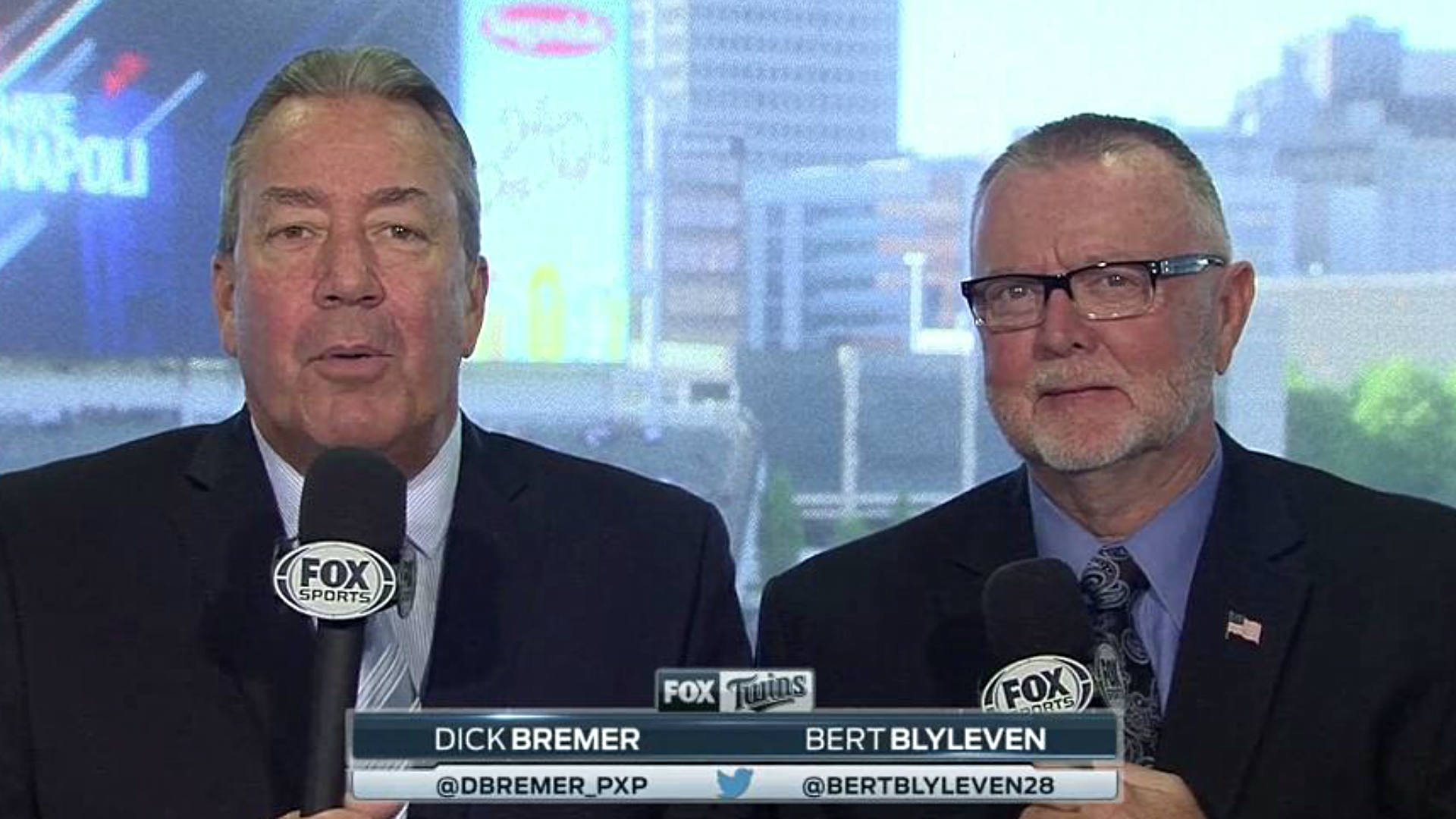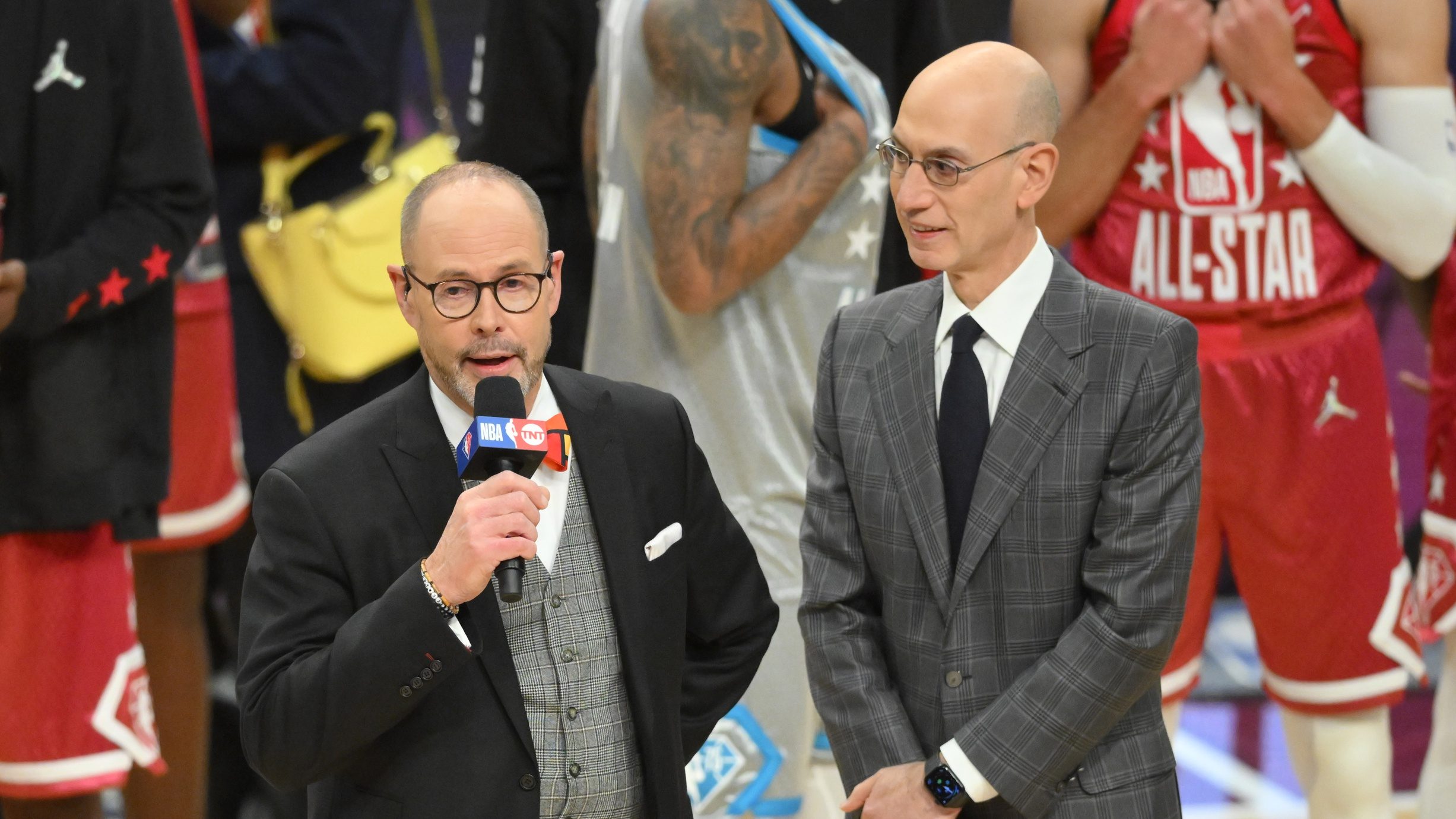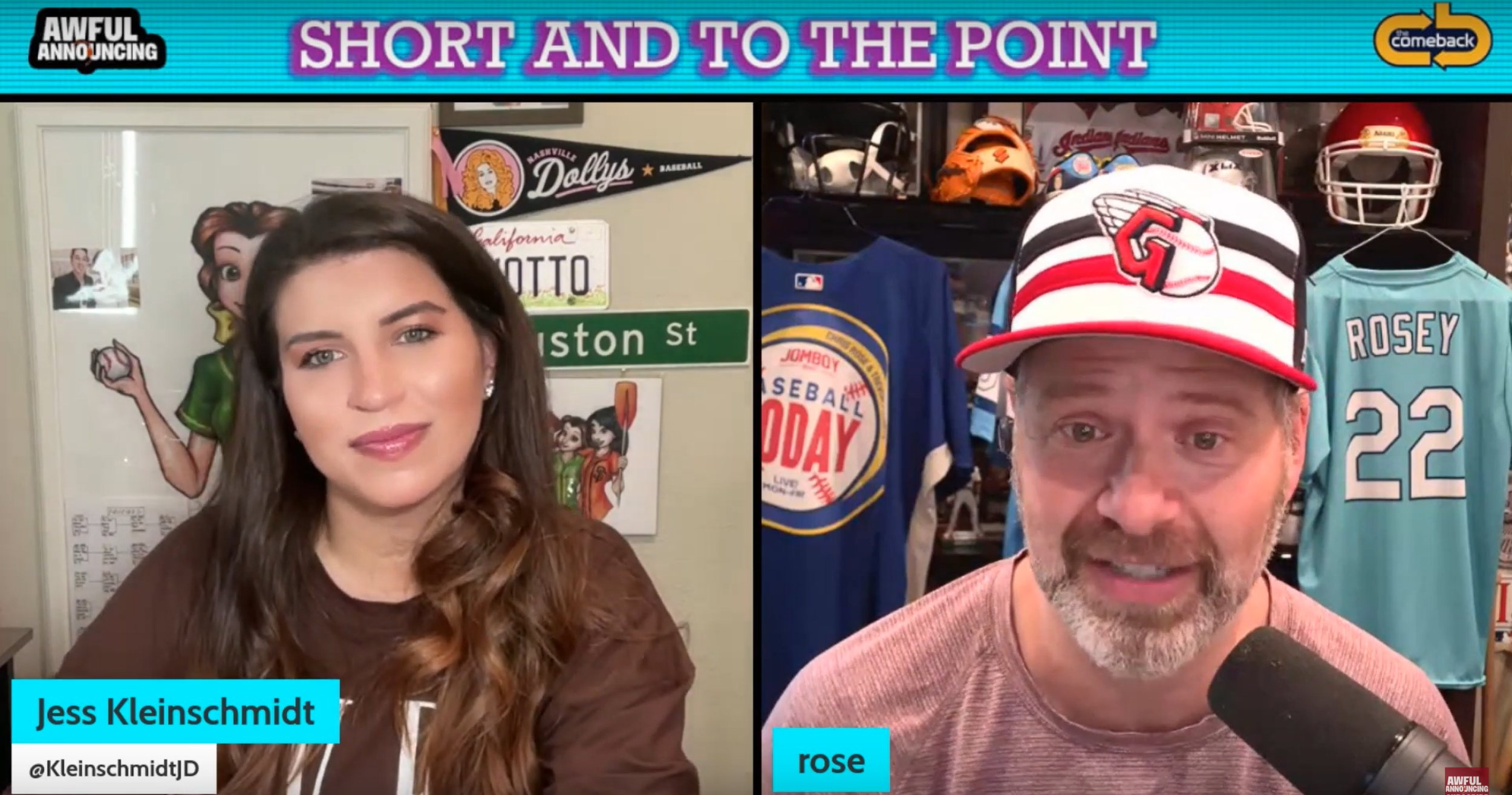Players being unhappy with announcers is nothing new, but Minnesota Twins’ TV play-by-play commentator Dick Bremer would be a long ways down on the list of announcers you’d expect to see in a confrontation with a player. An empirical 2012 Wall Street Journal study found that Bremer and regular color analyst Bert Blyleven were one of the MLB announcing duos most biased towards their own team, and they’ve also taken criticism for that in our 2014 survey and Jesse Spector’s 2016 broadcast review. Losing has a way of grating on you, though, and with the Twins a MLB-worst 11-34 heading into Wednesday’s game against Kansas City, there’s been plenty of losing to go around. That may have been what led to the incident Bremer described to Fargo, North Dakota radio host (on 970 AM WDAY) Mike McFeely last week:
Surprisingly, Bremer said one player has confronted him this season about being too critical of the team. Bremer wouldn’t name the player.
“I make it a practice to go in the clubhouse every day and go down on the field, so if a player has a complaint about something I’ve said on television they have that opportunity,” Bremer said. “I was confronted in the clubhouse in the last homestand. I didn’t say what I wanted to say, which was, ‘Well, play better and the commentary will be more positive.’ You can’t mask the fact this team is a quarter of the way through the season with 10 wins.”
Bremer told McFeely he’s also heard those previous criticisms that he’s too much of a homer, but he feels he has to accurately discuss the team’s struggles:
“We know the difference between good baseball and bad baseball. You can’t really sugarcoat it, although I’ve been accused of that from time to time,” said Bremer. “People (in this area) have seen championship baseball, they’ve seen Hall of Fame-caliber players, so they know the difference. This is not an expansion market here.”
…I asked Bremer how he straddles the line of being a team guy and needing to point out mistakes.
“You know you have to draw the line between placating your audience who wants to see the Twins win, but still when somebody makes a bad play … when (Eddie) Rosario overshoots the cutoff man and airmails the ball to home plate, everybody knows that’s unacceptable and shouldn’t be seen in a Major League ballgame. So you have to point that out,” he said.
Those are pretty reasonable comments from Bremer, and over-the-top homerism can fall especially flat when the team really isn’t playing well, so it’s hard to take too much of an issue with his stated approach. It’s also somewhat understandable why a frustrated player would bring that up to him, but really, Bremer’s response is apt; if the Twins play better, they’ll have less critical commentary to complain about.







